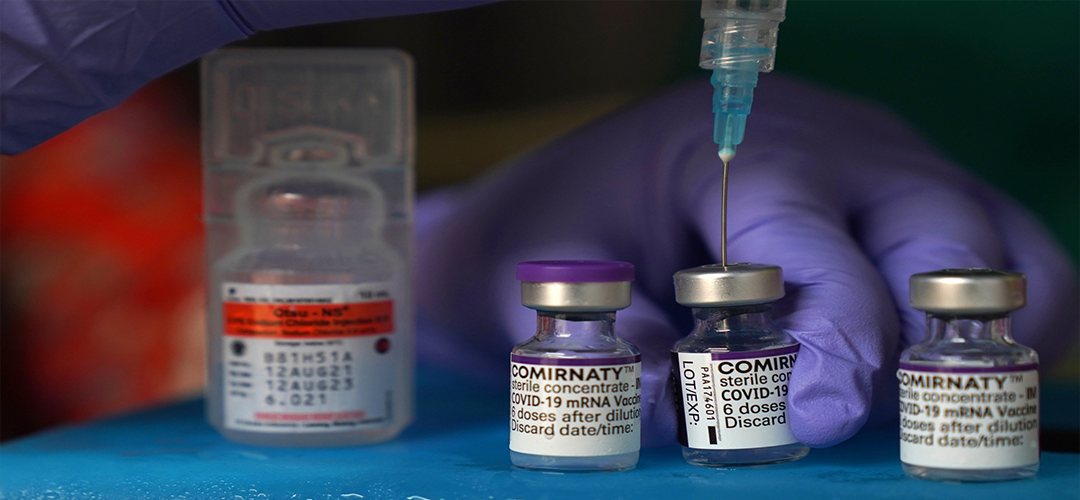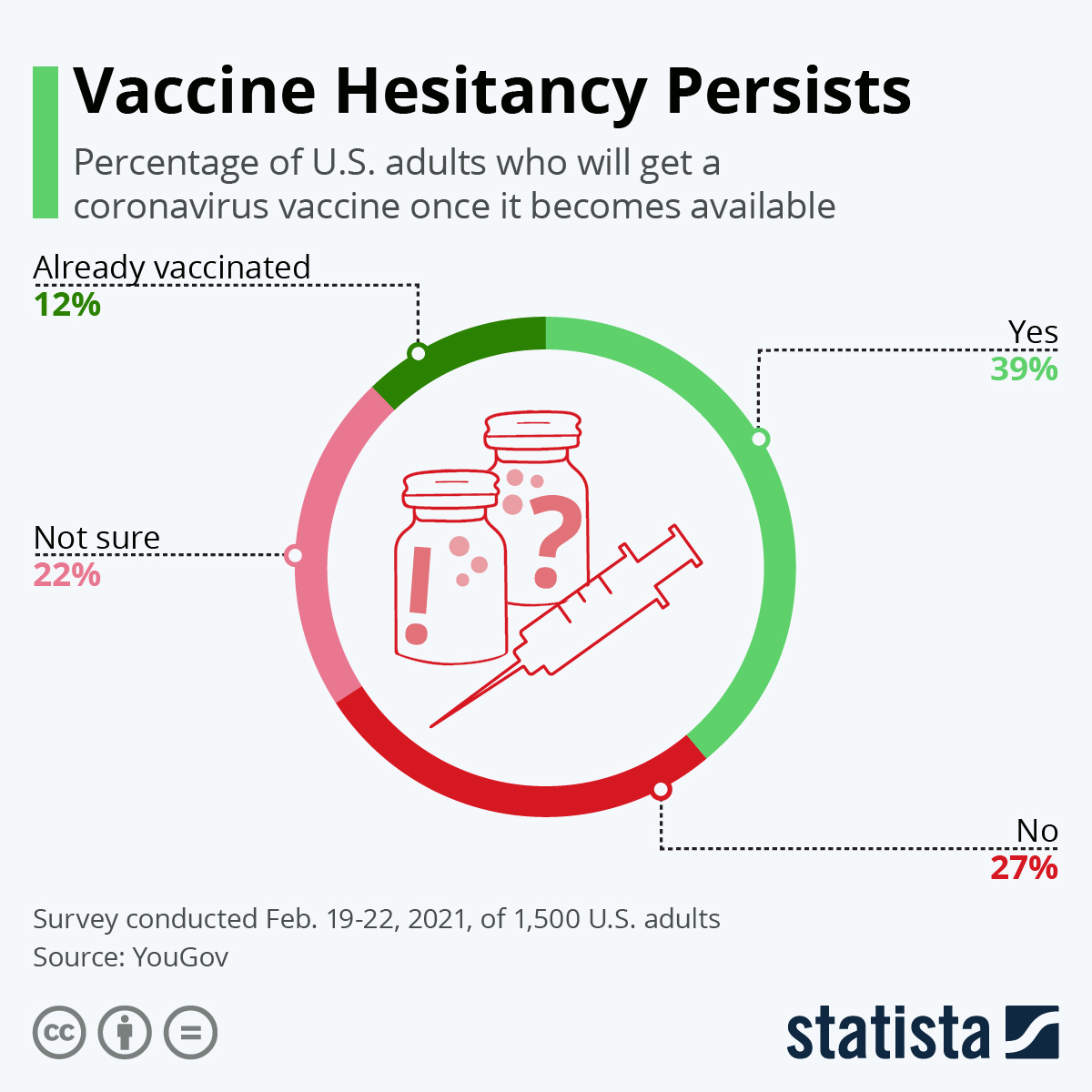Immune Imprinting: Original Sin or a Deed?
January 28, 2023 | Expert Insights

More than two years into the COVID-19 pandemic, it appeared that the science of vaccination had mastered the virus, finally -even if not decisively! This has been made possible through the massive innovations that have taken place in the last few decades in modern healthcare technology and new approaches evolved to tackle viruses.
Vaccination has led to various levels of immunity based on the virus strain exposure and the vaccine type. Immune responses can be shaped by vaccination, infection or a combination of both. With the Omicron and its sub-variants still rampant, there has been a surge in infections. The inability of vaccines to prevent reinfections is pushing the world to reconsider its approach towards booster doses.
The U.S. and UK have rolled out variant-specific and bivalent booster doses in the hope of giving a better chance to fight the infection caused by Omicron variants than the original vaccine. However, recent studies suggest that these booster doses are proving ineffective due to an age-old phenomenon called “Immune Imprinting,” also called the Original Sin.
Background
Original antigenic sin, also known as antigenic Imprinting or the Hoskins effect or Immunological Imprinting, is the tendency of the body to repeat its immune response based on the first variant it encountered through infection or vaccination when it comes across a new or slightly different variant of the same pathogen. The pattern has been found and researched in relation to the flu virus, dengue fever, HIV and to several other viruses. This phenomenon was first described in 1960 by Thomas Francis Jr. in the article "On the Doctrine of Original Antigenic Sin." It is named by analogy to the Christian theological concept of original sin.

Analysis
Memory B cells are created when our body is first subjected to a virus. These cells circulate in the bloodstream and rapidly manufacture antibodies whenever the same virus strain infects us again.
The problem occurs when the body encounters a similar, not identical, virus variant. In such cases, the immune system, rather than generating new B cells, activates memory B cells, which in turn produce "antibodies that bind to features found in both the old and new strains, known as cross-reactive antibodies". Now, these antibodies are not completely wasted, but the problem is they are not as effective in safeguarding the body as compared to the ones produced by the B cells in the case when the original virus encountered the body for the very first time.
Immune Imprinting has made anti-spike immunity patterns in many individuals and populations varied, complex, and unexpected. People infected during the first wave of the pandemic and then again with Omicron lacked any immune boosting, in an effect the researchers termed ‘hybrid immune damping’.
Currently, several ongoing studies are going on to circumvent the Imprinting and counter COVID-19 transmission and provide a definite answer on whether the booster doses should be prioritised. One proposed strategy may be to immunize individuals with minimal antigen content needed to induce effective neutralizing antibodies rather than with the entire protein.
According to the World Health Organization (WHO), “The bulk of benefits is from the provision of a booster, irrespective of whether it is a monovalent or bivalent vaccine.”
Some scientists have even said that nasal vaccines might better prevent infections than injected ones as they believe mucous membrane offers better protection despite carrying some prior imprint. This is a field where Synergia Bioservices has made considerable progress, including getting an international patent. There are also considerable efforts in developing what they called 'Pan-sarbecovirus' that will protect against all variants of COVID, maybe even SARS and other related viruses.
Assessment
- Though there is a lot of debate about whether the booster doses are proven to be effective, there is no such definite harm in getting the booster doses as the research is inconclusive, at least for now.
- Immune imprinting paves an evidence-based way to carefully redesign our ways of developing future vaccines, including the other concerned variants that thwart the transmission of COVID-19.








Comments